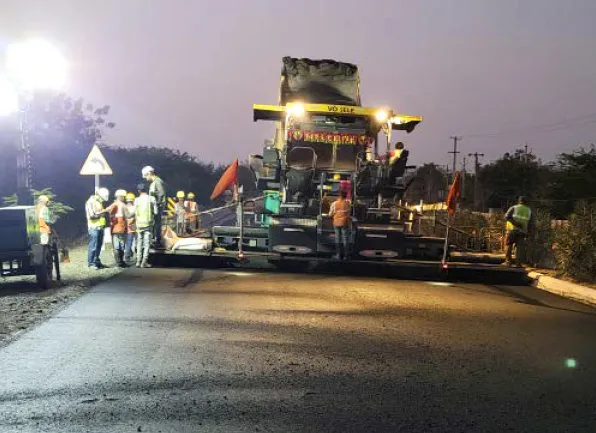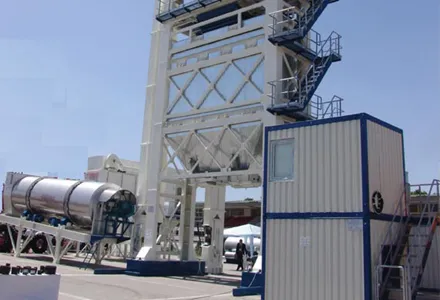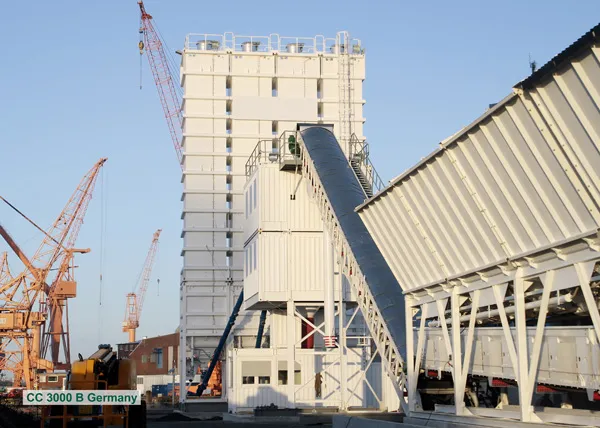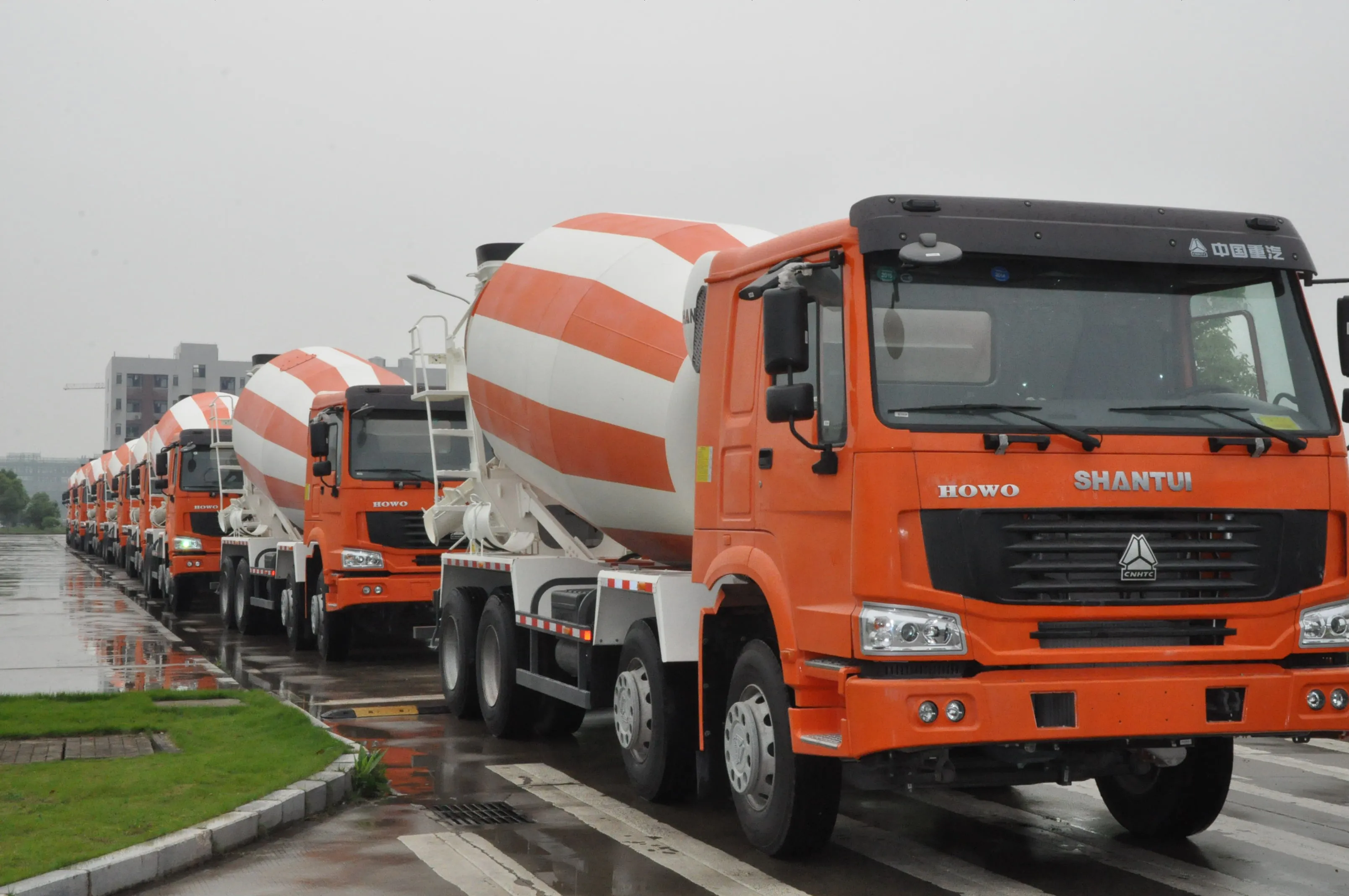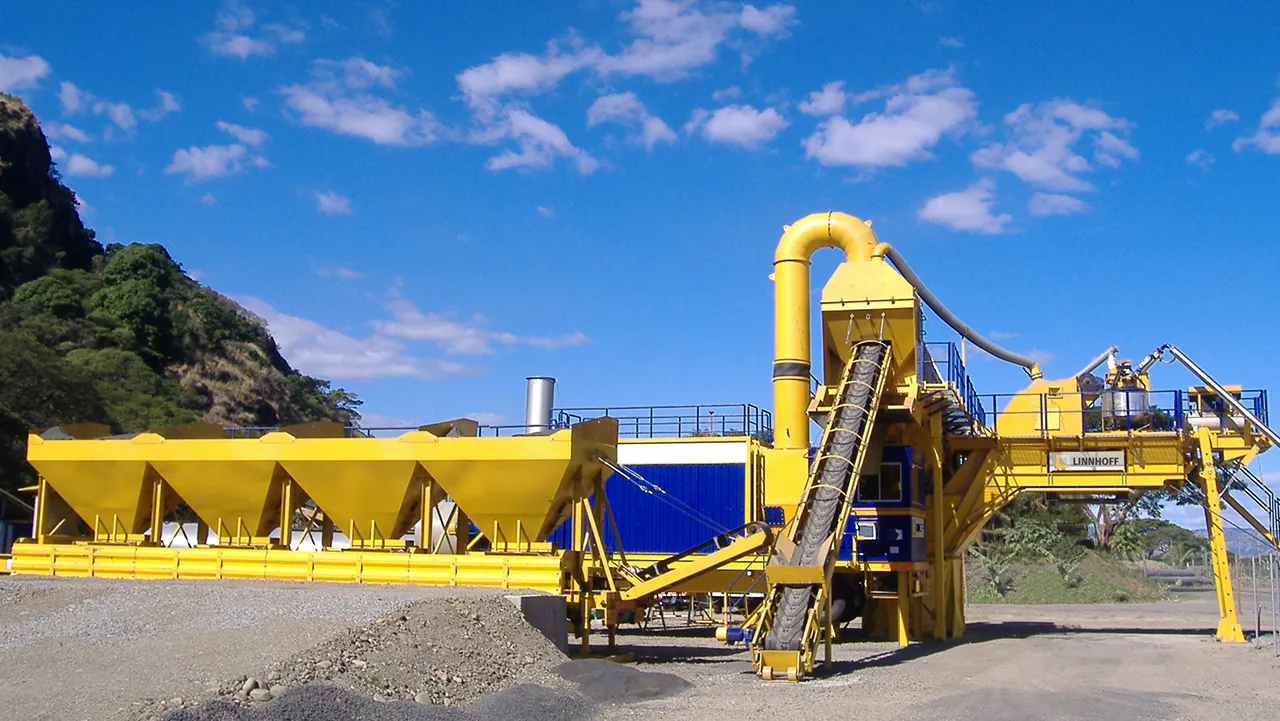
Malaysia’s Pan-Borneo Highway project is benefiting from the use of asphalt plants supplied by Lintec & Linnhoff for the asphalt needed for road construction.
Contractors are using a number of Lintec & Linnhoff asphalt plants, including CSD 3000, CSD 2500B and TSD 1500 units, to supply the necessary materials for construction work on different stretches of the Pan-Borneo Highway project.
The plants are being used to provide hot mix asphalt for the project, with the clients said to be benefiting from the low operating costs, low energy consumption and reduced pollution of this technology according to Lintec & Linnhoff.
The construction of the Pan-Borneo Highway in Sabah and Sarawak, Malaysia, is one of the most important road projects in South East Asia at present. The versatility of the Lintec CSD 3000 and CSD 2500B containerised asphalt plants and Linnhoff TSD 1500 MobileMix asphalt plants is said to be an advantage. This allows the units to be moved from site to site to reduce the transport distances between asphalt production areas to where paving work is being carried out.
Lintec & Linnhoff says that the plants are providing high quality hot mix asphalt for the project, along with high productivity to meet the substantial challenges of the construction work. The client on the project is the Government of Malaysia and over the four-year period, these CSD and TSD asphalt plants will be producing hot mix asphalt for both the binder course and wearing course for several sections of the Pan-Borneo Highway.
Lee Yen Meng, chief executive of Lintec & Linnhoff Asphalt, said that the customers selected these CSD and TSD asphalt plants for their high portability, productivity, quick installation, good quality mix and reliability.
“Because some parts of the highway are operational, the asphalting works can only be conducted during a short window of time during the day. Hence these asphalt plants’ productivity is maximised during these hours. The CSD 2500B can produce up to 160tonnes/hour, while the CSD 3000 can produce up to 240tonnes/hour. Both models are equipped with large hot mineral bin capacities to ensure steady batch production,” he said.
“The Linnhoff TSD 1500 MobileMix offers an additional advantage. With their fast mobilisation and no need for heavy cranes for installation, they can be swiftly relocated to other sections of the highway as required. This is a huge advantage on a road construction project, where mobility and being close to the project site is key.”
The low maintenance needs and economical fuel consumption of these CSD and TSD asphalt plants are also advantages for the work. According to Lintec & Linnhoff, maintenance needs and fuel consumption are reduced due to the novel Screen Drum Technology. This combines the drying and screening of aggregates in a single drum, eliminating the need for hot elevators and vibrating screens. Meanwhile to minimise emissions, Lintec & Linnhoff asphalt plants are fitted with a pollution control unit, where exhaust gas is filtered and clean air is released into the atmosphere, while the remaining dust particles can be used as reclaimed filler.
Works on the highway began in September 2017. Once the construction is completed, the new Pan-Borneo Highway will improve intercity connections and provide faster and safer travels along the northern part of Borneo.
The Pan-Borneo Highway connects the Malaysian states of Sabah and Sarawak with Brunei and Indonesia’s Kalimantan. Within the Malaysia section, over 2,000km of highway make up the Pan-Borneo Highway, while there is over 3,000km in the Indonesian section and around 170km in Brunei section. The Pan-Borneo Highway forms part of the Asian Highway Network, also known as the Great Asian Highway, a cooperative project between some countries in Asia and Europe with the United Nations Economic and Social Commission for Asia and Pacific (ESCAP) to improve highway systems in Asia.


